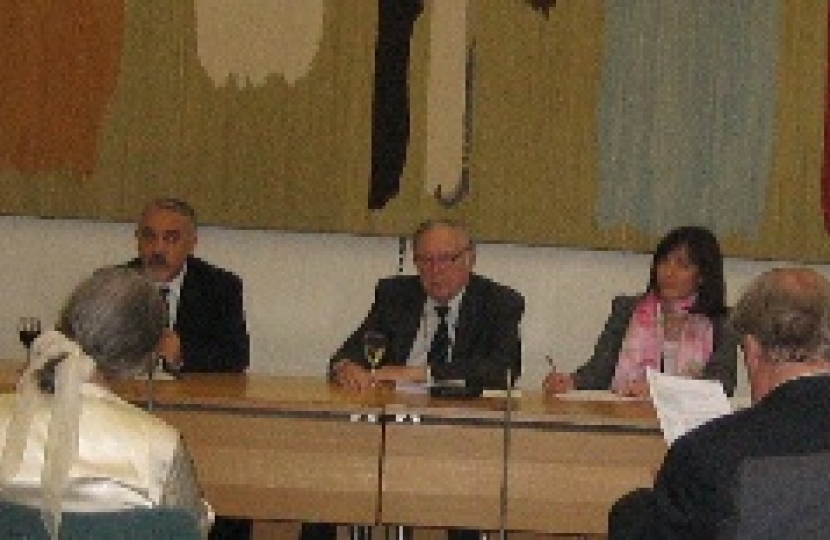
HE Lyubomir Kyuchukov
Ambassador of Bulgaria
Conservative Foreign and Commonwealth Council
Bulgaria is a middle-sized European country with a population of 7.5 million. It is one of the oldest states in Europe, dating as far back as the 7th century, and one of the most recent members of NATO and the EU. It is proud to be the motherland of the ancient singer Orpheus, the inventor of the modern computer John Atanasov and last, but not least, the Premier League top scorer Dimitar Berbatov. Bulgaria is an attractive destination for tourism, both summer and winter, as well as for direct foreign investments, boasting the lowest tax rates in the EU.
The public debate about the Foreign Policy before its accession to the EU was focused on two issues: a) could a newly acceded country adequately represent and stand up for its foreign policy priorities and interests within EU, and b) what contribution Bulgaria could make to the common foreign and security policy of the union. A national political consensus was reached that well argumented foreign policy priorities within the EU in spheres of higher national expertise could gain the support of the EU and bring added value to the Union’s policy. Additional expertise and experience in specific foreign policy areas or regions, as well as good bilateral relations with certain countries, could also be beneficial to the EU, offering new channels of communication.
Bulgaria’s accession to the EU has a mutually beneficial effect. It helped the establishment of a common uninterrupted EU space - geographically, economically and politically expanding the union to the Black Sea region and beyond. Bulgaria’s own experience and its expertise on Southeastern Europe, the Western Balkans and the Black Sea region, as well as its traditional relations with the countries from the ex-Soviet space, could bring added value to the CSFP. And from cultural aspect, Bulgaria brought a new dimension to the EU by introducing a new alphabet in use – the Cyrillic one.
All efforts in the Bulgarian EU agenda are focused on acquiring a positive decision on joining the Schengen zone (having complied with the necessary technical requirements) and meeting the criteria for joining the Eurozone.
Among the most important Bulgarian foreign policy priorities the following ones should be mentioned: enhancing stability and developing bilateral and regional co-operation in Southeastern Europe; supporting the EU perspective for the countries of the Western Balkans; contributing to the development of a new strategic approach to the Black Sea region in areas such as security, transport and communication, energy, etc.; re-vitalizing the traditional relations with the Middle East and the North African countries; promoting energy security and achieving diversification of sources and routes of energy supplies.
